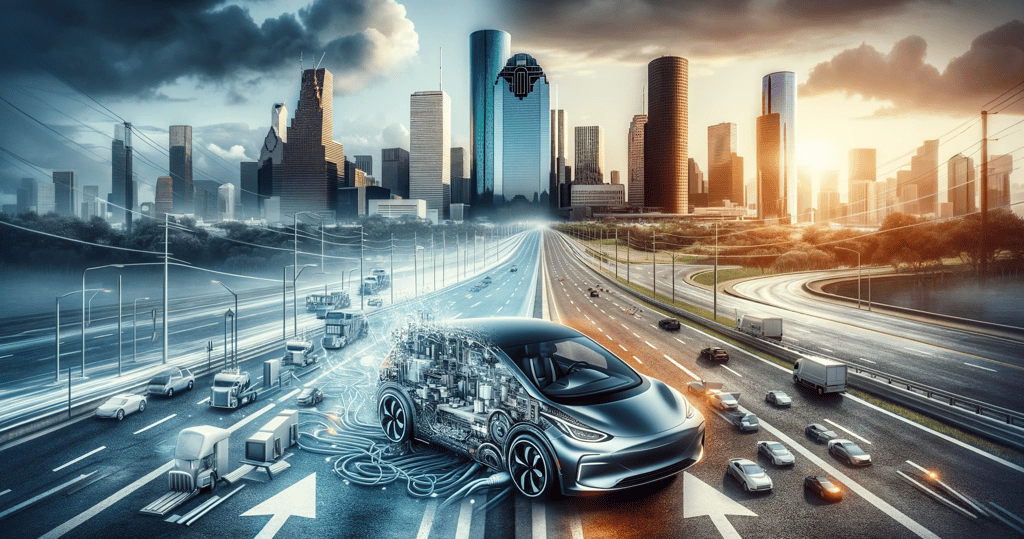
Are Electric Cars Facing Their Biggest Challenge to Date?


Since their introduction to the market, electric cars have not only become a trend but also a key pillar in reducing environmental pollution and combating climate change. Over the past five years, we have witnessed a significant transformation as the traditional automotive industry, initially hesitant, has begun to adopt and develop its own range of electric vehicles.
However, recent events suggest that this emerging industry may be facing unprecedented challenges. For example, Hertz's decision to cancel a major contract with Tesla for the purchase of 200,000 electric cars, citing high repair costs, and Germany's resolution to eliminate subsidies for electric cars by the end of 2023, indicate potential obstacles to the continued growth of this market.
What does this mean for the future of electric mobility? As electric car manufacturers face the elimination of financial incentives and operational challenges, a crucial debate opens up about the sustainability and viability of this technology.
From my experience at Cleverit Group, where we have developed projects for electromobility, and for which Cleverit Group won an award in 2021 for developing a mobile application for iOS and Android related to an assistant that allows searching for electric vehicle charging stations in the city, I see these challenges not only as obstacles but also as opportunities for innovation. The development of more efficient and durable battery technologies, along with adaptive market strategies, may be key to overcoming these difficulties. Furthermore, collaboration between the technology and automotive industries can accelerate progress toward more sustainable and economical solutions.
But what do you think? How do you believe technological innovation and business strategies can influence the future of electric cars in the face of these emerging challenges?